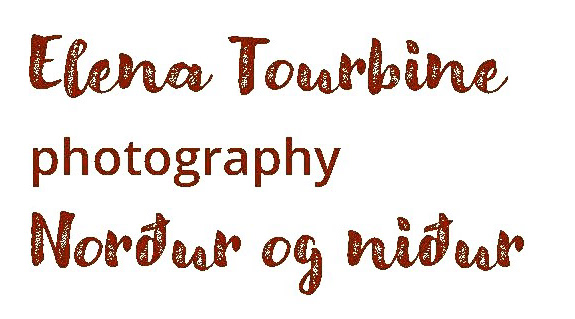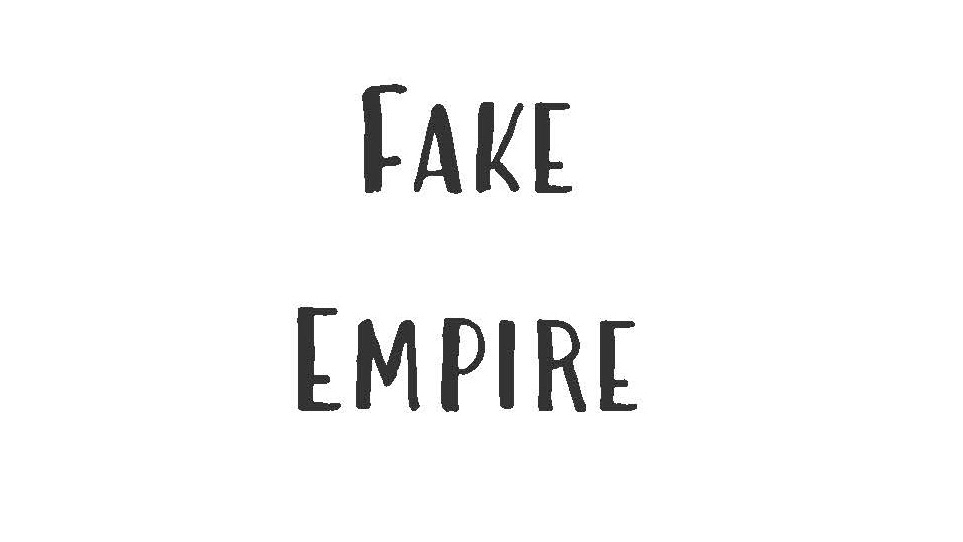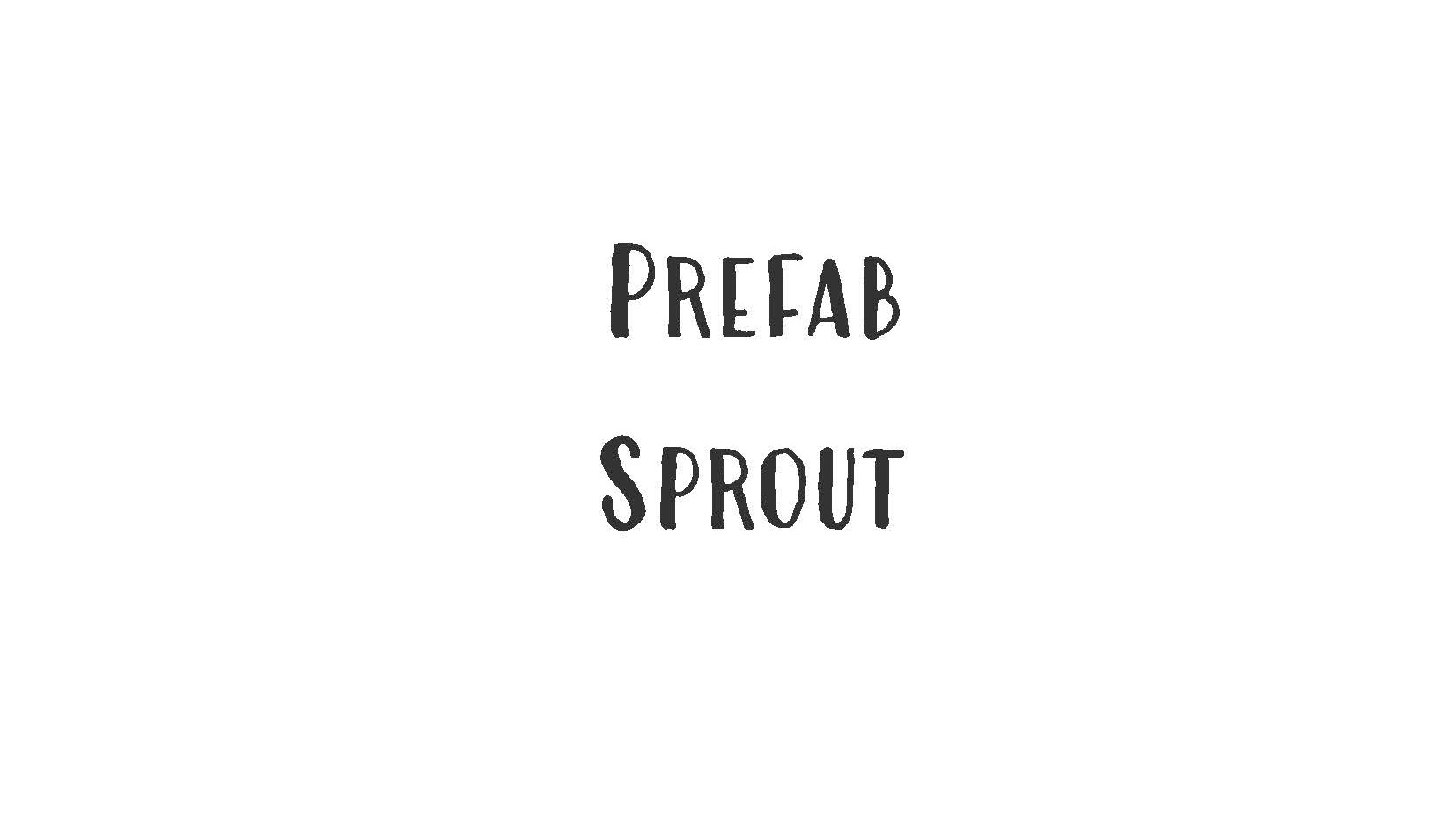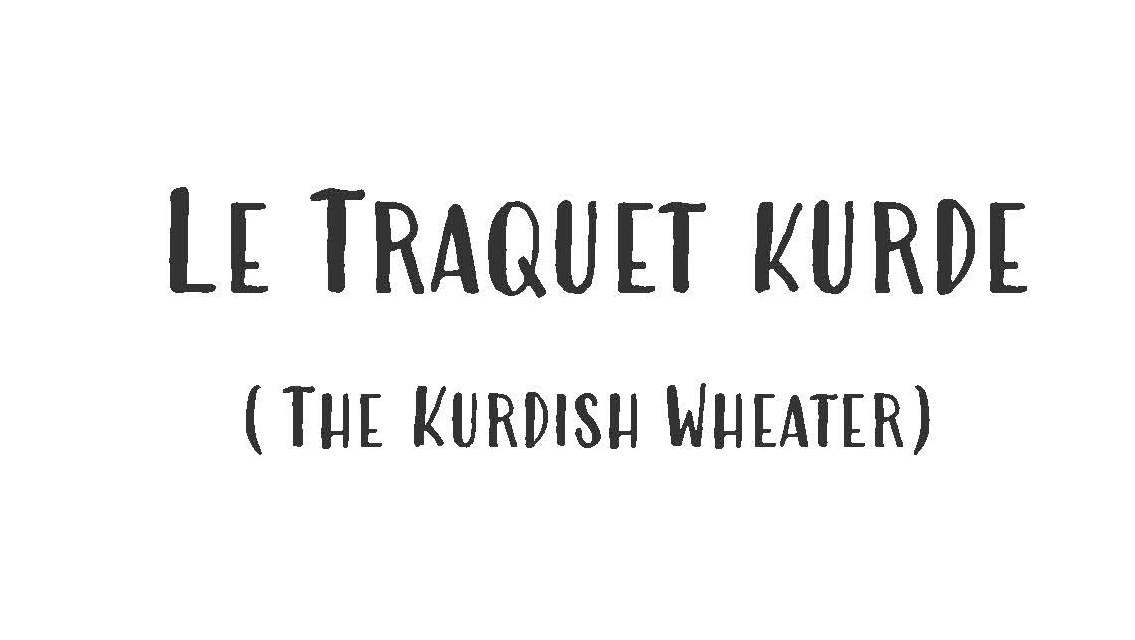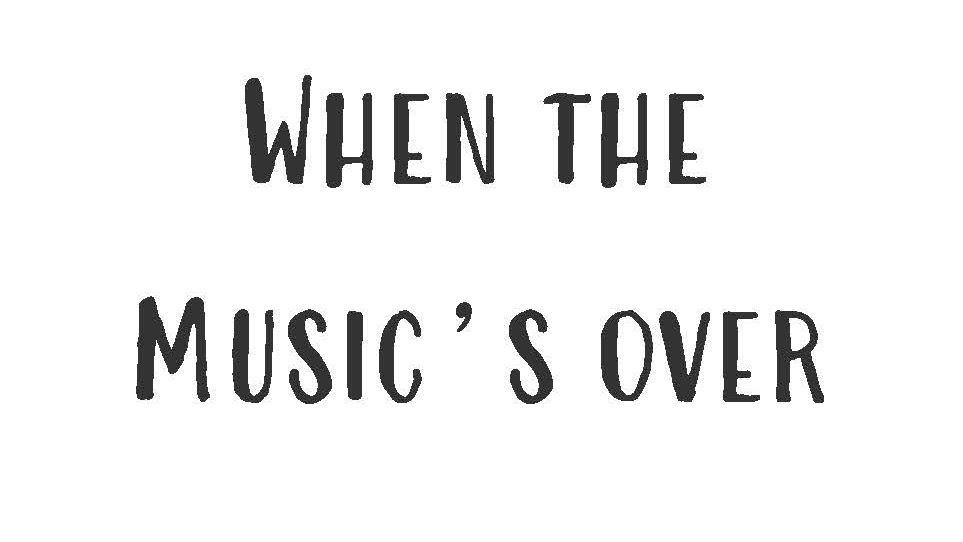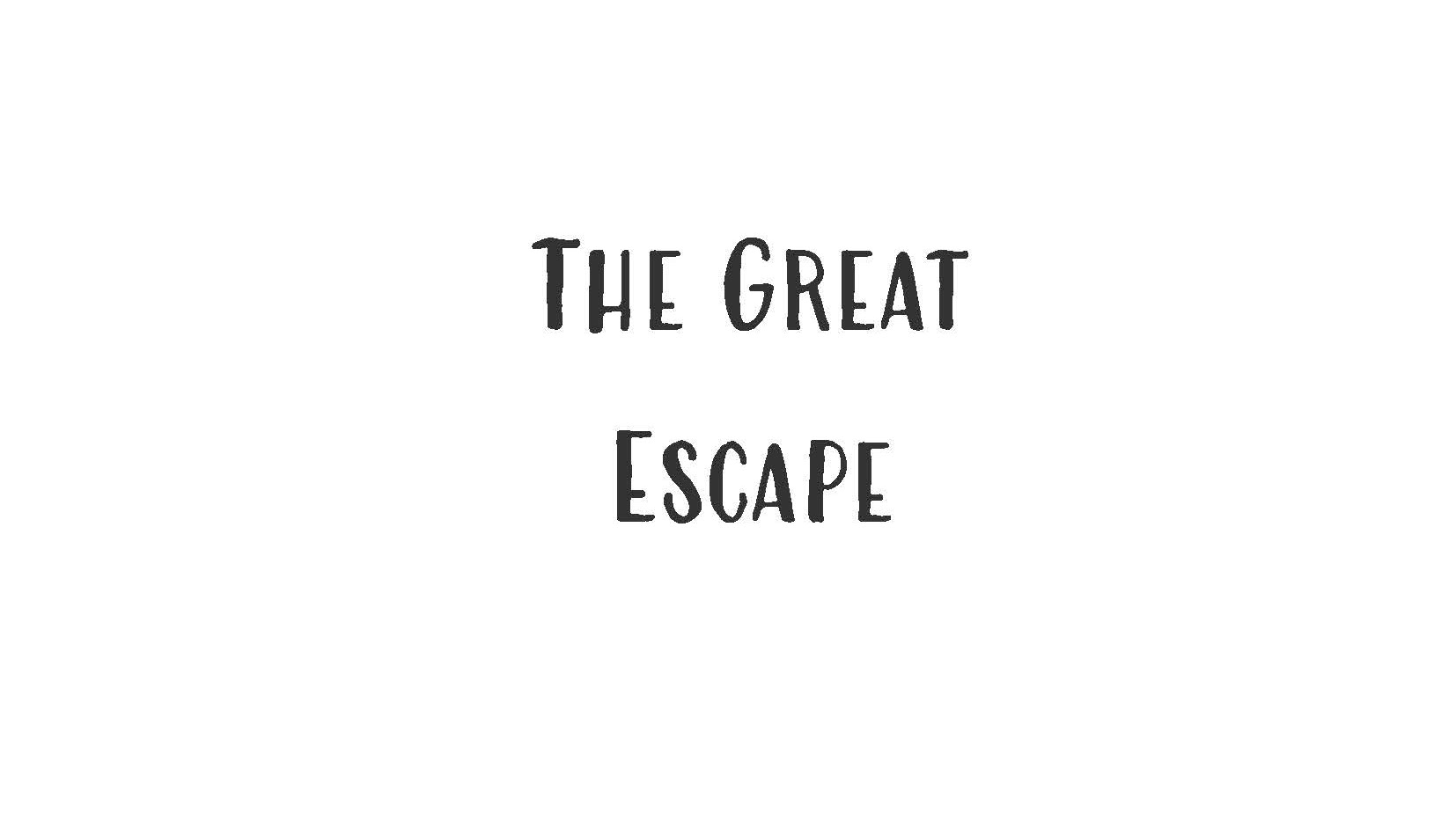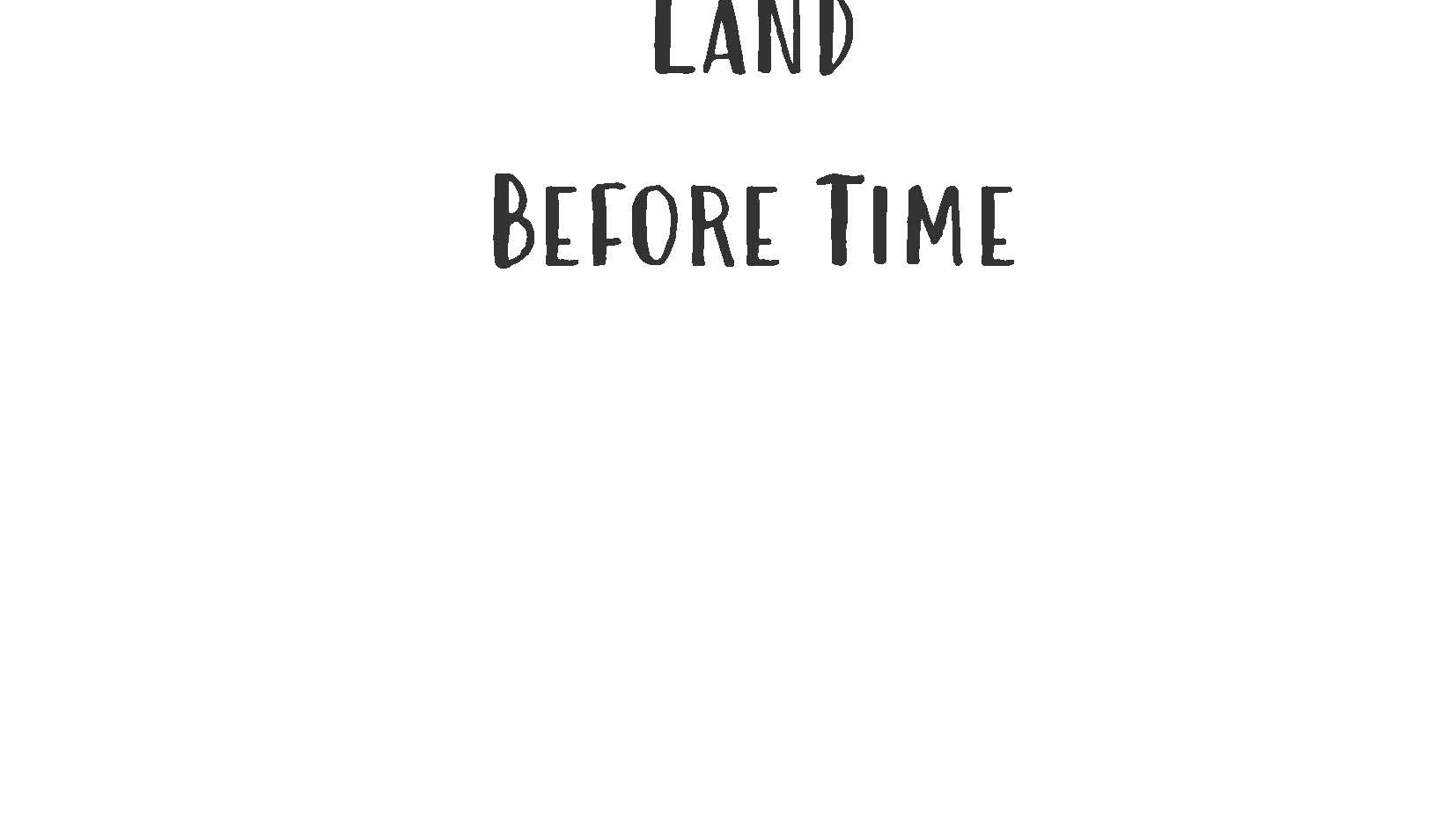Worldly known, Marguerite Duras created her specific way to use the French language, structured on its own rules, playing with time, voices, reality and introspection.
I understand that some people may be reluctant to experience such an unusual language, but it sounds to my ears like the most beautiful music, besides the fact that her themes dive deeply into the human soul.
I remember like a strong example of literature's power the summer when I went to Poland and "visited" the Auschwitz camp, maybe ten years ago. I had the sensation of seeing nothing but buildings, common ones, and I wasn't able to connect this experience to my grandfather's memories, deported in Dachau. It was strange, frustrating and it made me feel vaguely guilty.
A few weeks after, I was at the Festival d'Avignon (a theater festival, in the South of France) and I saw a staging of Hiroshima mon amour, the well-known novel, also adapted as a movie by the great Alain Resnais in 1959. To be honest, I've forgotten the name of the director, but hearing the text of Duras, written about the tragedy in Japan, "tu n'as rien vu à Hiroshima" (You didn't see anything in Hiroshima), the wave of emotion overwhelmed me. Duras's worlds, in a different temporality, in a different space, still had the same power to materialize powerlessness, the radical otherness of the experience of somebody else.
If Hiroshima mon amour means something specific to me, each subject she wrote about has dived me into chasms of reflection about love, jealousy, shame, loyalty etc. in a way that opened a new landscape each time.
Even if Duras's voice remains totally unique, two dramatic authors make me think about her music: Jean-Luc Lagarce and Joël Pommerat.
Lagarce, died at 38 from AIDS, may be the closer to the Duras's style, its hesitations, its repetitions, its contradictions, like a sign of the difficulty to dialog with the others, and mostly ones relatives. Well known and widely played now, he never met success during his life.
Pommerat's style probably seems far away from Duras's one. This author puts on stage his own texts, with a meticulous sense of composition of lights, music, voices. But he has a manner to work on the language like an abstract material that often makes me think about Duras.
Anyway, all three gave me (and still do) amoung my strongest emotions on stage.
